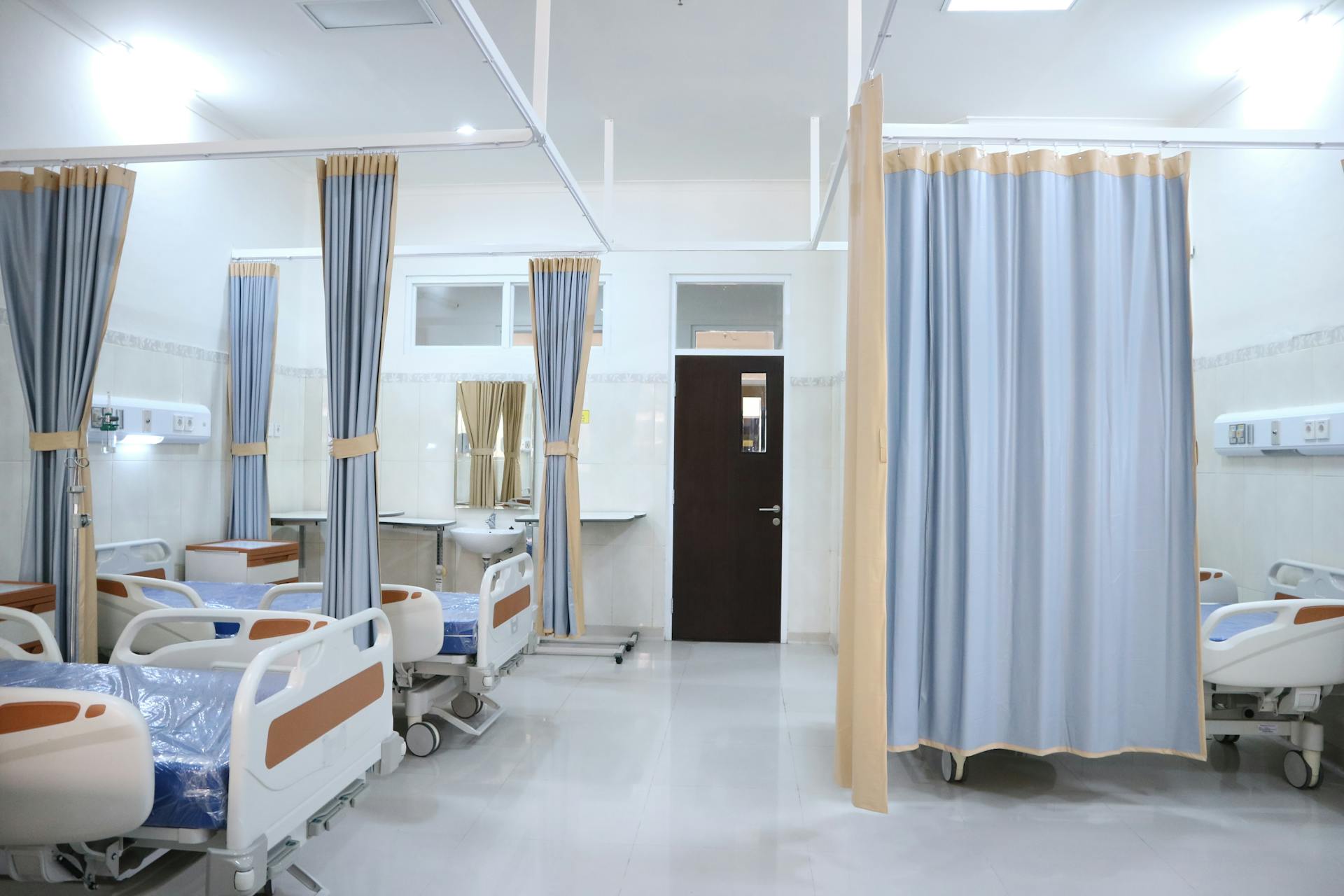Maternity deserts, or areas where there are a lack of birth centers and hospitals, are a real prevalent issue. In the United States, 1,775 counties are void of birth centers or hospitals. This area is largely found in the Midwest and the South, which creates a huge barrier to women in urban, metropolitan and rural communities.
Research shows that one in six Black babies were born in areas with limited or no access to maternity care services. Mothers and babies in maternal care deserts face a higher risk of poor health outcomes. The reality of this epidemic pegs the question: What can Black women who live in maternity deserts do to protect themselves and their babies?
Santosha Pearson, the founder and CEO of Mama Bear’s Place, was shocked to learn about the high rate of infant and maternal mortality in America when she had her first child.
“Millions of women in the U.S. face the harsh reality of maternity deserts,” Pearson told 21Ninety. “Maternity deserts aren’t just a geographical issue; they’re a human one.”
The Impact of Maternity Deserts
With little to no access to prenatal or postpartum resources, maternity deserts cause many women to go their entire term without receiving proper care. Doula and owner of Postpartum Warriors Makayla Walker explained that this creates the most barriers for women in rural areas, where there is no care within a 50-mile or more radius.
“They do not want to drive an hour plus to see an OB/GYN,” Walker told 21Ninety. “These women are literally just showing up at the hospitals when it’s time to deliver.”
In agreement with Walker, Pearson also notes that maternity deserts aren’t a one-size-fits-all issue. In rural areas, travel distances are a major hurdle. However, in urban areas where more hospitals are present, transportation issues, lack of affordable childcare, and socioeconomic factors create barriers for low-income families.
“Even metropolitan areas can have maternity deserts within them,” Pearson said. “These underserved communities have limitations when it comes to access to specialists or culturally-competent care.”
These hurdles may also have an effect on the mother’s family. They may not be able to travel as far to go and be with the mom for support. This can cause emotional stress on both the mother and her family.
What to Do If You Live in a Maternity Desert
Walker encourages women who live in maternity deserts to seek out a doula. Doulas are a great source of emotional and mental support. They can help mothers get back and forth from appointments, run errands and provide any extra help they may need.
“Be open and honest about your feelings with your doula,” Walker said. “Many women may experience a shift in their mental health while pregnant or during the postpartum period.”
She also urges a woman who hopes to become pregnant and lives in a maternity desert go to preconception appointments. These appointments offer an opportunity to learn whether or not the pregnancy is a low or high risk.
Pearson encouraged expecting moms to be proactive, and start prenatal and postpartum care early. Research closest birthing options and build a strong relationship with your provider. She also recommended exploring alternatives, like telehealth appointments.
Advice for New or Expecting Mothers
Walker said it is critical for women to get a blood pressure cuff.
“Many women are having blood pressure issues during pregnancy and postpartum,” she explained. “Checking your blood pressure is simple, and it is an indicator if something is wrong.”
New and expecting moms should equip themselves with all the best resources about what to expect before and after pregnancy. For moms in need of helpful resources, check out March of Dimes and the Healthy Mothers, Healthy Babies coalitions. Mama Bear’s Place also offers virtual support groups and resources specifically designed for moms in these situations.
In addition, both Walker and Pearson urge mothers to research whether or not their state has specific benefits and resources. You can always call your insurance provider number to see if there are additional resources available to you.
Lastly, Pearson advised to advocate for yourself. Ask questions, express your concerns and don’t be afraid to seek second opinions. Friends, family, even neighbors can be your village in a maternity desert.
“Don’t be afraid to ask for help,” Pearson said. “Be fierce in protecting your health and your baby’s well-being.”
